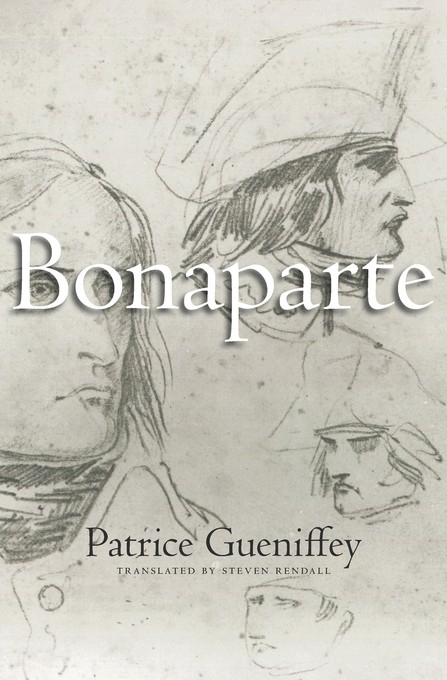[From the introduction]
“The work [of Napoleon] is first and foremost the history of France, despite the fact that it resounds throughout the whole of Europe and that the man himself has touches of the universal. This situation, furthermore, is one of the reasons why Napoleon is never complete in any of his portraits. Indeed, here is the very limit of every attempt at biography. Bainville noted: “Napoleon has been the object of thousands of psychological, intellectual, and moral portraits, and just as many judgements have been made of him. And yet he always slips through the bars of the pages in which you attempt to imprison him.” There too is the secret of the fascination that he continues to arouse, just as the world he helped bring to birth is beginning to disappear, and the change in mentalities is beginning to see tarnish on his glory. Napoleon the giant has shrunk: his great military victories no longer inspire as they used to in Tolstoy’s times. The Napoleonic myth no longer enflames as it did, as the blaze of the passions that heated it turns to embers: passions such as glory, heroism, war, the latter long held to be as a school for virtue. This state of bewitchment by the battle died with the hecatombs of the 20th century. And yet, some of all this still speaks to our modern imaginations: the belief, – which was that of the young Bonaparte, and which is ours, or rather, which we would like to be ours – that our will can change our destiny. Bonaparte is somehow everyone’s dream; and that is probably why mental asylums were full of lunatics who thought they were Napoleon, the man who, ancestor-less and reputation-less, created himself by the force of his own will, effort and talent. He is the man who turned his life into his destiny, even to the extent of choosing the end when he came back from Elba in 1815, that time without any justification for his behaviour, so as to provide a finale that matched the story. He is the man who reached unimagined summits, and who by his genius pushed back the known limits. Not a model; more of a dream. This is the fascination of Napoleon, which still weaves its spell – Napoleon is a type for the modern individual. This is the subject of this book.”
Includes appendices, notes, maps, bibliography, and an index.
The French version of this book was awarded the Fondation Napoléon History Grand Prix for 2013.
See some reviews on the website of the publisher.


